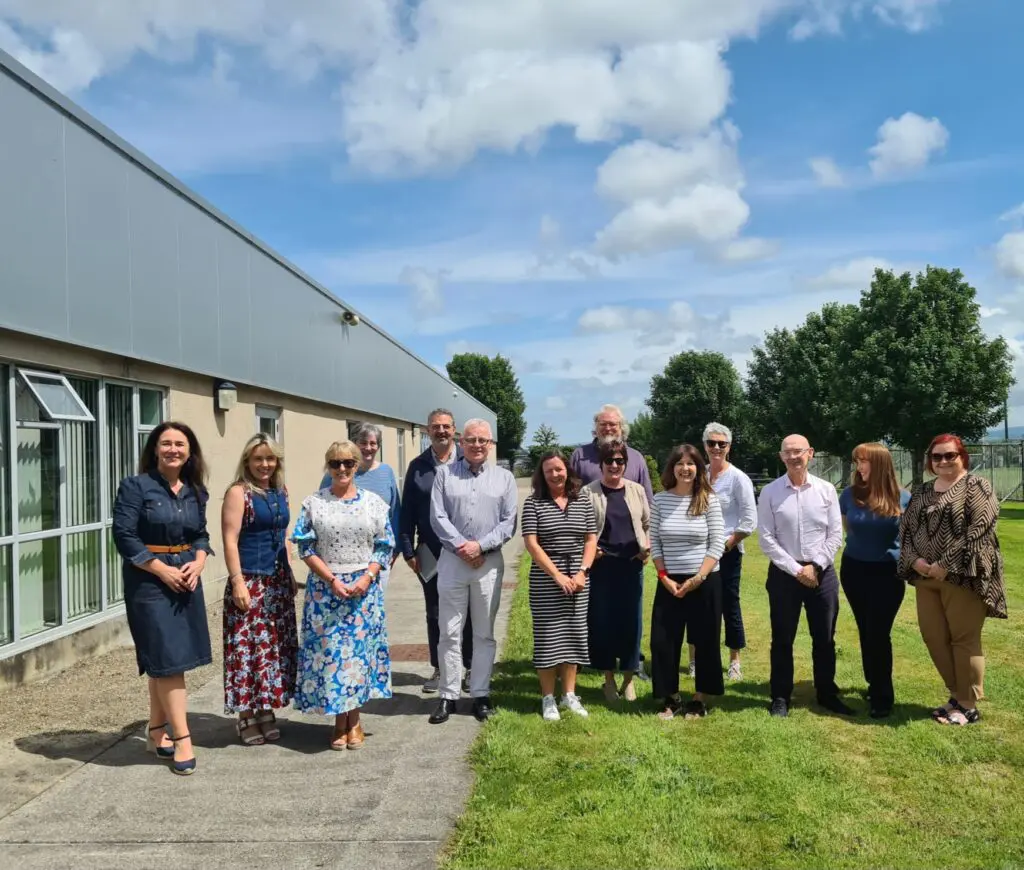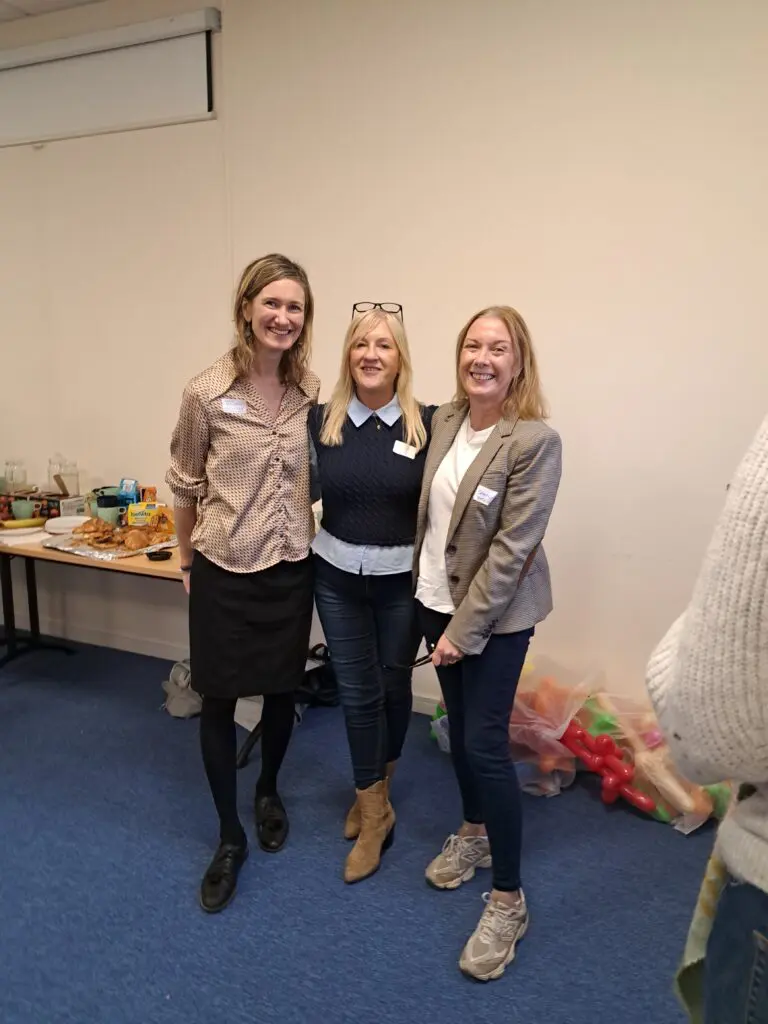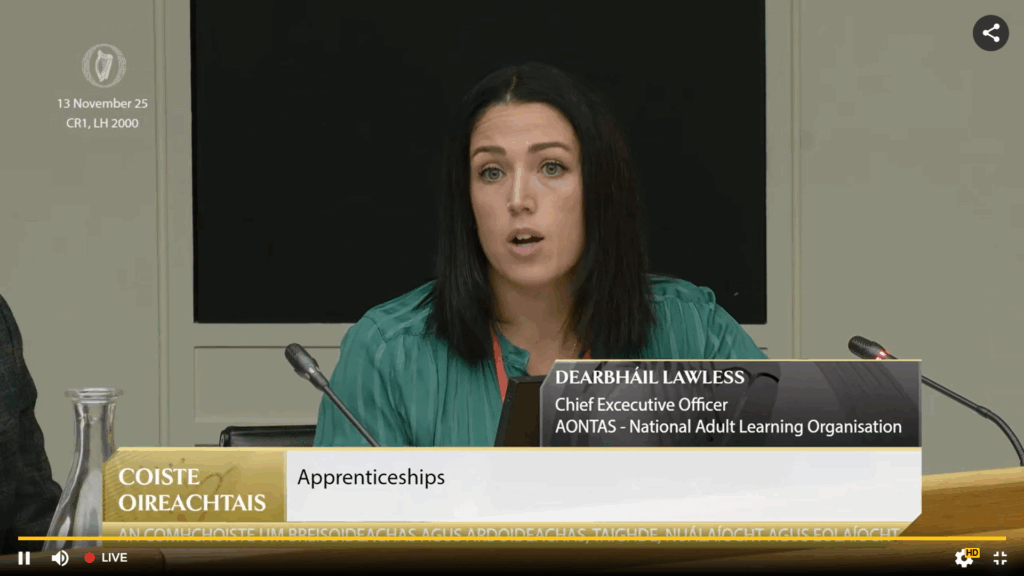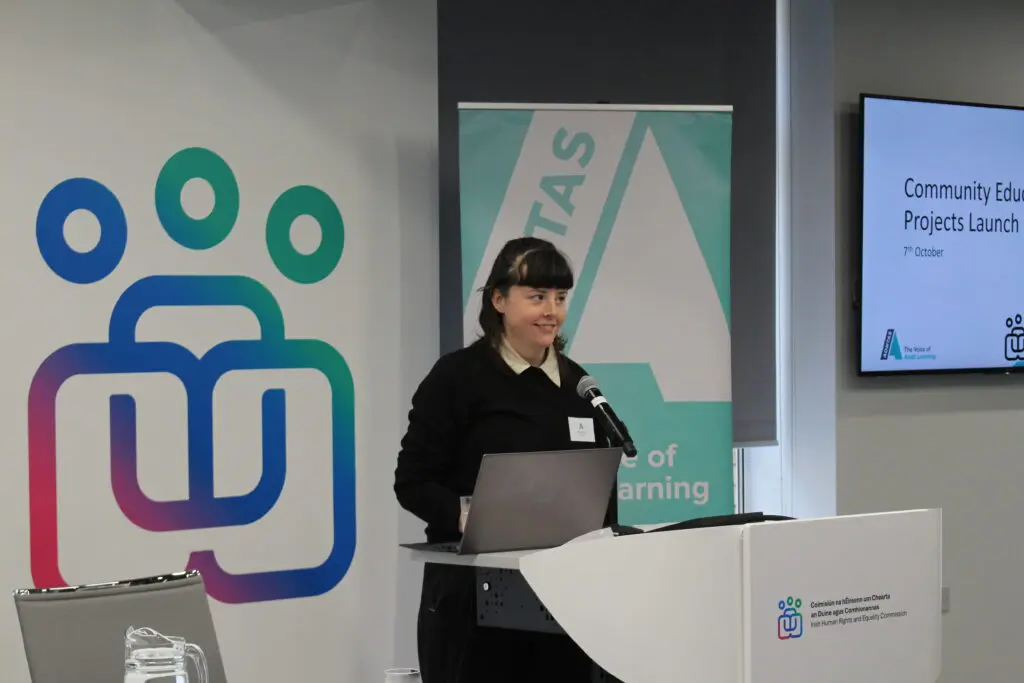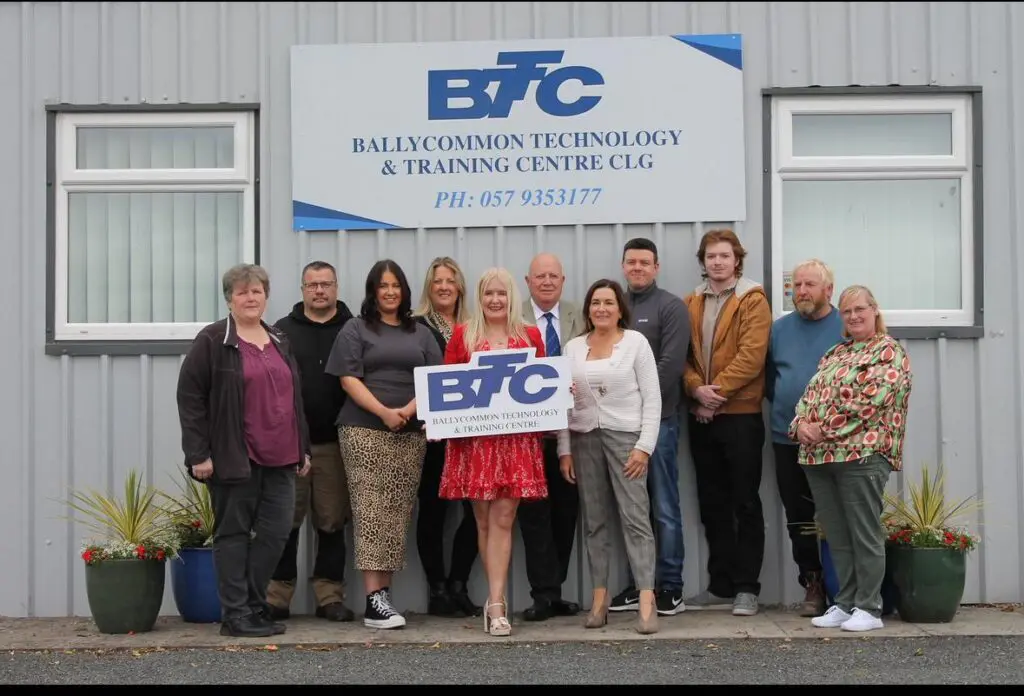What do learners want?
“If you could be recognised for your skills that would be good.”
(Learner at a 2018 National FET Learner Forum event)
Through the Forum, learners have asked that RPL processes be expanded and that each FET centre offer similar RPL processes. Learners have linked their calls for RPL to their desire to be able to effectively retrain and re-enter the workforce. For instance, one learner who participated in the Forum, stated s/he had worked for over 20 years at the same job and was currently looking to retrain to find new employment. The only problem was, to use this learners words, “I was not aware of the skills I had.” Learners need to be empowered to articulate and demonstrate the skills they had already acquired and RPL offers a way to do just this.
It should be noted that these skills did not always have to be skills developed through formal education and employment, a point that was raised by a number of speakers at the event. One learner at the National FET Learner Forum clearly demonstrated this by describing his/her own skills being limited by a lack of formal recognition. As this learner described:
“I am a native Irish speaker but you see I don’t have a certificate for it. If I went for a job I would have to prove, you know the basics.”
Learners want RPL processes to be wider in scope to capture the diversity of skills that learners bring with them into adult education and they want to know that no matter where they are in the country or in what adult education centre they enter, these skills will be valued.
Why do learners want RPL?
Learners want to have their skills recognised for employment, to ensure their courses are matched to their individual needs and, most importantly, because they want to see their skills valued. Learners who want to progress to employment after completing their course, believe that RPL can facilitate access to the courses they need to retrain and eliminate ones focused on skills they have developed. Learners also believe RPL will help ensure the courses they are enrolled in better match their individual needs. Highlighting the reason for this, one learner explained, ‘I was directed to my course based on the length of time I was out of school. Now I’m loving it, but it is a bit too easy.’ Learners want to enjoy ‘learning new things’ and what to ensure the courses they are enrolled in with help them achieve these aims.
Leaners also want RPL processes to be expanded because this recognition values the skills that they have. We know, not only through the Forum, but also from the Barriers to Further Education and Training Report commissioned by SOLAS that confidence remains a significant barriers to accessing adult education. RPL has the potential to facilitate the empowering of learners at the beginning of their learning journey.
How do learners believe RPL should work?
Learners who have asked for RPL have come from a number of different backgrounds and articulated their desires in a number of different ways. Learners, however, have been clear that RPL needs to be expansive, inclusive, and flexible enough to capture the diversity of skills that learners possess. Luckily there are a number of effective practices, both formally and informally, already in place. Through the Forum, learners have shared positive RPL experiences in ETBs where these processes have been undertaken. We also know from the community education and voluntary sector, where crafting education that is based on a learner’s needs is a key part of the ethos, that some of the principles of RPL are already in place. In essence, learners wants an RPL system that puts their needs at the core. Returning to the core values of adult education, a learner-centred RPL system has the power to help move Irish adult education closer to the people who matter most: learners.
For More Information:
Contact Leah Dowdall, AONTAS Head of Research at ldowdall@aontas.com.

